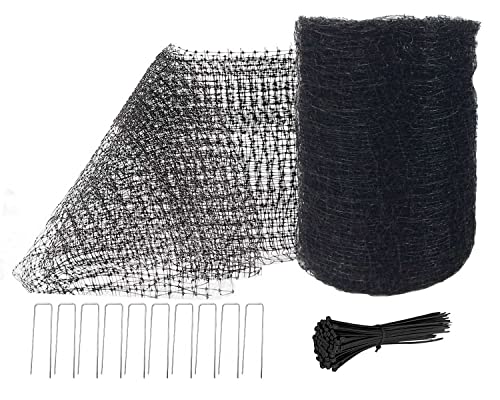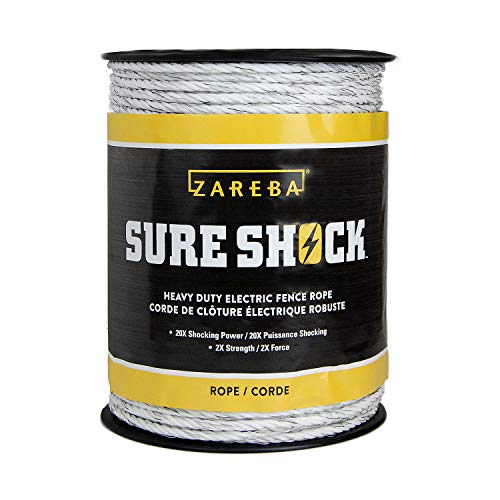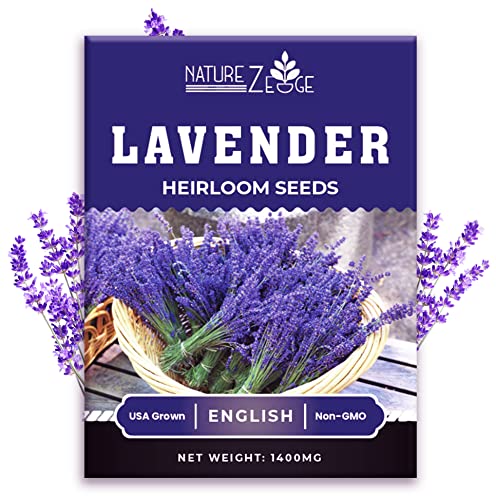As a nature lover and avid deer enthusiast, I’ve often wondered: do deer eat daylilies? It turns out that while some deer find the vibrant blooms of daylilies appealing, others may pass them up in favor of other options. In this blog post, I’ll share tips and tricks on how to protect your beloved daylilies from hungry deer.
Do Deer Eat Daylilies?
Deer are known to feed on a variety of plants, and daylilies are no exception. However, it ultimately depends on the particular deer and the availability of other foliage in the surrounding area.
While some deer may find the vibrant blooms of daylilies appealing, others may pass them up in favor of other options. It is important to take preventative measures such as fencing or using deer-resistant plants to protect any desired plantings from potential damage.
Strategies for Protecting Daylilies from Deer
Deer can be a major problem for anyone looking to grow daylilies, as these graceful creatures have a habit of nibbling on plants and flowers. Fortunately, several strategies can help protect your cherished daylilies from being consumed by a hungry deer.
Don’t let deer make you feel helpless in your garden. By using a combination of these methods, you can successfully keep them at bay and get your garden to flourish! Let’s dive in.
1. Use a Fence
If you want the best protection, using a fence is your best option. Install a secure fence made of wood, wire, or vinyl that is at least 8 feet in height. Deer can jump quite high, so it’s essential to build a solid fence to stop them from entering.
As an alternative, you can use an electric fence like the one below:
2. Use Deer-resistant Plants
Deer love to munch on the plants in your garden. However, by planting deer-resistant plants, you can significantly reduce their interest in your garden. Some plants that deer don’t particularly like include foxgloves, lavender, and peonies. Check your local garden center for a list of deer-resistant plants that are suitable for your area.
3. Use Deer Repellents
Deer repellents such as Liquid Fence can confuse and irritate deer, keeping them out of your garden. Moreover, creating your own homemade repellent by mixing garlic, eggs, water and spraying onto your plants is effective. Another reliable method is sprinkling human hair or Irish spring soap shavings around your garden perimeter.
4. Plant Herbs
Deer do not like strong-smelling plants. So, plant deer-repelling herbs such as oregano, thyme, and mint around your garden perimeter. The aroma from these plants will help deter them from venturing into your garden.
5. Ultrasonic Repellents
Ultrasonic repellent devices emit a high-pitched sound that is undetectable to the human ear, but repels deer. Place them in areas of your garden where deer tend to enter. These repellents are humane to use and are worth a try if other methods have failed.
6. Motion Activated Sprinklers
No one likes getting sprayed with cold water, including deer. Motion-activated sprinklers work by sensing when a deer is in the area and then spewing a jet of water. It won’t harm the deer. However, it will deter them from coming back to your garden. It can also be a fun way to watch them scatter!
7. Visual Barriers
If you don’t want to use a fence, hedges or shrubs can be used as visual barriers instead. Solid and dense hedges obstruct the deer’s view of your garden, making them less likely to enter. You can also try using other large objects or items to block their view of the garden.
8. Use Netting
Cover your plants with netting to deter deer from eating them. Ensure you secure the netting tightly so that deer doesn’t get tangled up. By using sturdy materials, you can also prevent other animals like birds and rodents from chewing on your plants.
Even a simple fishing wire can be effective in keeping deer at bay, because they will feel its presence but they will not see it. This is annoying for deer so they will leave.
9. Maintain Your Garden
The more overgrown your garden is, the more likely deer will be attracted to it. Keep your garden well-maintained; trim and weed regularly. This will also stop other wildlife from using it as a hiding spot.
Deer-Resistant Plants to Pair with Daylilies
If you’re hesitant to spend money on physical barricades, you can explore other options to protect your velvety daylilies from leaping deer. Consider planting them near foliage that deer are not fond of eating, such as narcissus, peonies, or lavender.
These plants act as an organic deer deterrent, making it less probable for them to consume your prized daylilies. Another alternative is to startle deer with the use of raucous sounds, illumination, or a stream of water. Automated sprinkler systems that are responsive to movement are also helpful in scaring deer away from your garden area.
Adding deer-resistant plants alongside your daylilies in your garden provides an extra layer of protection. These plants have evolved over time to become distasteful to deer and thus, the deer are less likely to feed on them.
Some of these plants include yarrow, astilbe, black-eyed Susan, and coneflower. By planting these in conjunction with your daylilies, the chances of the deer feasting on them significantly reduce.
Maintaining a Deer-Resistant Garden
Maintaining a deer-resistant garden takes more than just planting deer-resistant plants. Pruning and maintenance techniques are equally essential when it comes to warding off hungry deer.
You can take simple steps like keeping your garden neat and tidy by removing fallen leaves and branches, trimming low-hanging branches, and keeping your grass short. By eliminating any excess coverage from your garden, you are reducing potential hiding spots for deer.
Pruning and Maintenance Techniques
Pruning and maintenance techniques help keep the daylilies healthy while making them less attractive to deer.
Reliable pruning techniques include removing any dead foliage or blooms in the garden, shaping trees and shrubs that block sightlines, and pruning trees that are too tall. Keeping a clean garden will not only keep it presentable but also reduce the chances of deinonychus (the scientific name for the deer species) munching your daylilies.
What to Look for When Choosing a Gardening Area
When setting up a garden to grow daylilies, choosing the appropriate gardening area plays a significant role in protecting your daylilies from deer. A few factors to consider include the type of foliage, the availability of sunlight, level of shade, and the garden entry points. When choosing your gardening area, try to find an area with minimal coverage, plenty of sunlight, and easy to protect access points.
Myths About Deer-Resistant Plants
There is a common notion that deer-resistant plants refer to plants that deer will not eat. In reality, it’s impossible to guarantee that any plant is completely deer-resistant. While certain plants have evolved to be less palatable to deer, it only means deer are less likely to feed on these plants. Also, some plants may be listed as deer-resistant, but this does not factor other considerations such as soil acidity, available moisture, and air circulation.
Tips for Long Term Success With Daylilies
To ensure your daylilies thrive and remain deer-free well into the future, you need to take a few measures. Start by purchasing high-quality, healthy plants from reputable nurseries. Next, ensure you plant them in the right soil with a good drainage system. Water regularly and fertilize occasionally. Lastly, practice regular division of your plants to ensure healthy growth and to multiply the number of plants you have. With these measures, you can be guaranteed long-term success with your daylilies.
Conclusion
So, do deer eat daylilies? Unfortunately, the answer is yes. Daylilies are not immune to the munching mouths of hungry deer. However, there are ways to protect your beloved plants and keep them safe from becoming a deer’s next meal.
From fencing to using deer-resistant plants, there are several preventative measures you can take to ensure your daylilies remain untouched. So, don’t let the threat of deer discourage you from planting these beautiful blooms. With the right precautions, you can enjoy the splendor of daylilies in your garden without worrying about them becoming a deer’s feast.
You may also be interested in reading:











